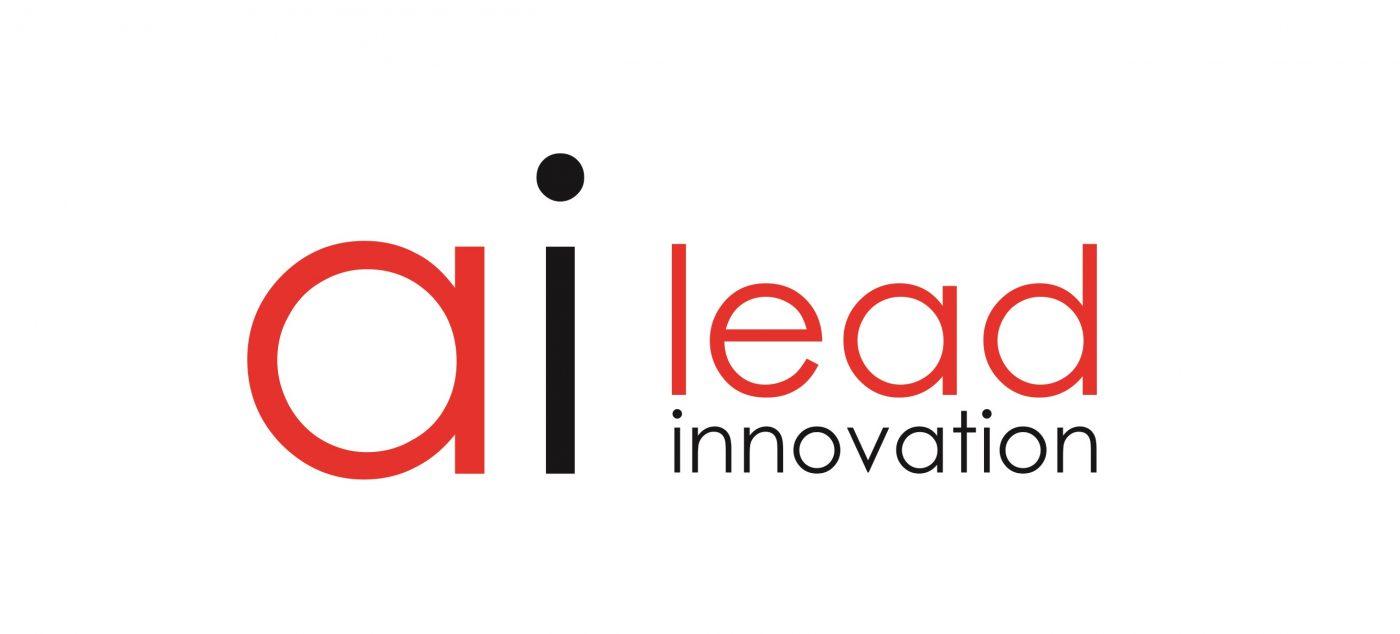Artificial intelligence (AI) is ushering in a new era in healthcare, driving remarkable advancements in diagnosis, treatment, and patient care. Cutting-edge technologies like machine learning (ML) and natural language processing (NLP) are being widely implemented in hospitals, clinics, and medical research.
One of the most notable applications of AI in healthcare is accurate and rapid diagnosis. Deep learning algorithms analyze medical images such as X-rays, MRIs, and CT scans to detect life-threatening conditions like cancer, cardiovascular diseases, and brain injuries. AI systems like Google DeepMind and IBM Watson have proven their ability to deliver precise results, sometimes even outperforming human doctors.
In treatment, AI facilitates the design of personalized treatment plans tailored to individual patients based on genetic data and medical history. AI tools are also being utilized to predict drug side effects, helping doctors make safer treatment decisions.
AI is also enhancing the patient care experience. Intelligent medical chatbots can answer questions, provide first-aid instructions, and send appointment reminders, reducing the burden on healthcare staff. In research, AI accelerates the development of new drugs, from identifying compounds to conducting clinical trials.
However, the integration of AI into healthcare also raises challenges, including patient data privacy, algorithm reliability, and ethical concerns. Collaboration between healthcare providers and technology developers is crucial to ensuring the safe and effective use of AI in this field.



